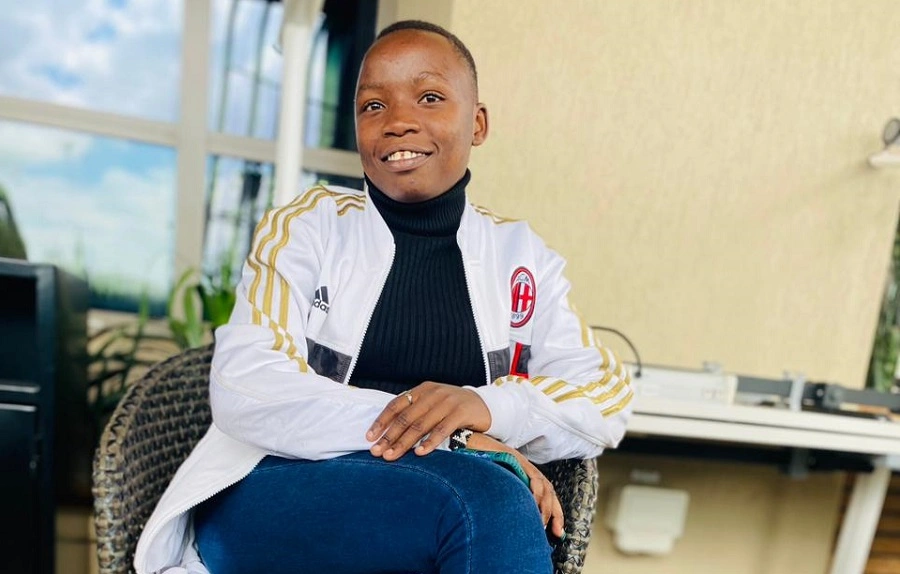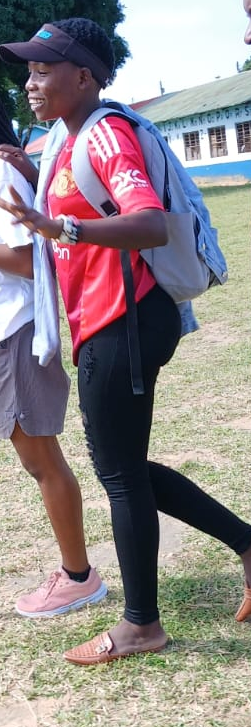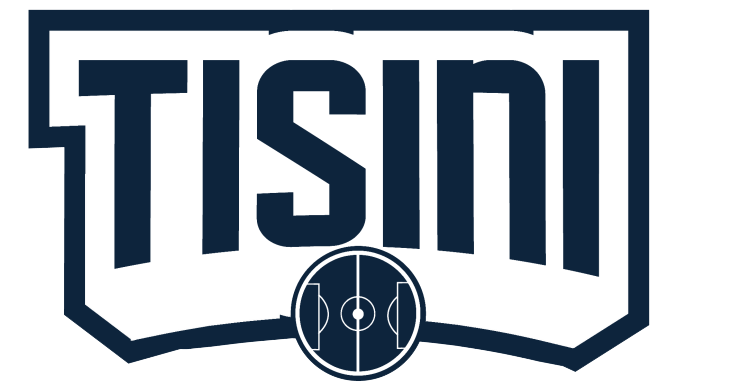
Grace Kazungu: My Journey with Tisini from a Football Analyst to Empowering Mentor
In today’s world, football and technology go hand in hand, and learning how to collect and analyze match data has become an important skill. I recently attended a training on Digital Data Collection and Analysis held at the MTG offices in partnership with Tisini. This experience helped me grow, not only in technical knowledge but also in confidence, responsibility, and purpose.
Before the training, I had already taken part in collecting data using the Tisini App, but I was struggling to keep up with the pace and accuracy required. Being in the training deepened my understanding of both the app and the football metrics. I learned how to use the tools more effectively and how each data point contributes to understanding team performance, including how to calculate efficiency using real match data.
One of the most impactful parts of the training was the hands-on practice with the Tisini App, both in a controlled and a real-life environment. During one session, we analyzed a recorded match between England and Croatia. Even though I was already familiar with the app, that exercise helped me sharpen my timing, accuracy, and focus in a simulated real-time setting. Later, during the KSSSA ball games in Kilifi Township, we had the opportunity to collect live match data.
Working alongside my fellow trainees at the actual games gave me a real picture of what it means to be a football data analyst. Being so close to the action, watching every movement, and logging every event was both exciting and demanding. It taught me how to stay alert and perform under pressure.

Grace on her way to a game.
The feedback sessions that followed helped me improve my attention to detail, and our team discussions allowed us to learn from each other’s strengths and insights. This mix of theory, digital tools, and real-world application made the training an incredibly powerful and well-rounded experience.
The training also helped me realize that football statistics don’t just stay on the field; they reflect real-life skills. The same traits needed to collect accurate data—attention to detail, staying focused, making quick decisions, and being consistent—are valuable in everyday life. That connection gave the training a whole new meaning for me.
I’ve continued collecting data at Division 2 league matches and started mentoring fellow trainees since the training. Some now look up to me as a role model, and I feel proud to guide and support them. Whether on the field or during review sessions, I try to walk with them through their learning journey.
We regularly share insights from the data we collect, which has helped me grow by learning different approaches to data collection and analysis. I’ve introduced two of them to the analysis side of data, and now we meet every night at 8 p.m. to go over match stats and learn together.
So far, I’ve been using Excel for data analysis and visualization. It has helped me build confidence in working with numbers and spotting trends in football data. However, I’m eager to expand my skills by exploring advanced tools like Tableau and Power BI for more dynamic and interactive visualizations.
Before shifting my focus to football data, I had attended programming and coding classes and graduated with a diploma in information technology. Unfortunately, due to not having a laptop at home, I couldn’t practice consistently and eventually lost interest. That challenge led me to focus on data analysis, which was more accessible with the tools I had. But now, with a stronger foundation in data, I’m motivated to revisit programming. I want to build my coding skills again and apply them to enhance my work in football data analysis.
Of course, the journey hasn’t been without its challenges. One of the biggest has been transport; traveling long distances to reach game venues without guaranteed support is difficult. Still, I’ve made sacrifices to be present at as many matches as I can because each one is a new chance to learn and grow.
Through this journey, I’ve also learned important life skills like communication and patience. My trainer has been a major influence; he believed in me, pushed me to try everything, from data collection to writing match reports, and helped me see the bigger picture of what I’m capable of.
One of my goals now is to keep growing in football data analysis. I want to ask deeper questions, explore more tools, and find better ways to turn numbers into stories. I’m also eager to go deeper into the programming side of the journey. Now that I have a stronger base in data, I feel ready to relearn coding and apply it in meaningful ways. I also hope to use football data creatively to teach mathematics in high schools.
By linking sports with education, I believe students will find learning more engaging, practical, and relevant.
This training didn’t just teach me how to collect statistics; it gave me a sense of direction. It helped me grow in skill and character, and it’s given me a platform to inspire others. I’m excited to continue this journey and see where it leads.
